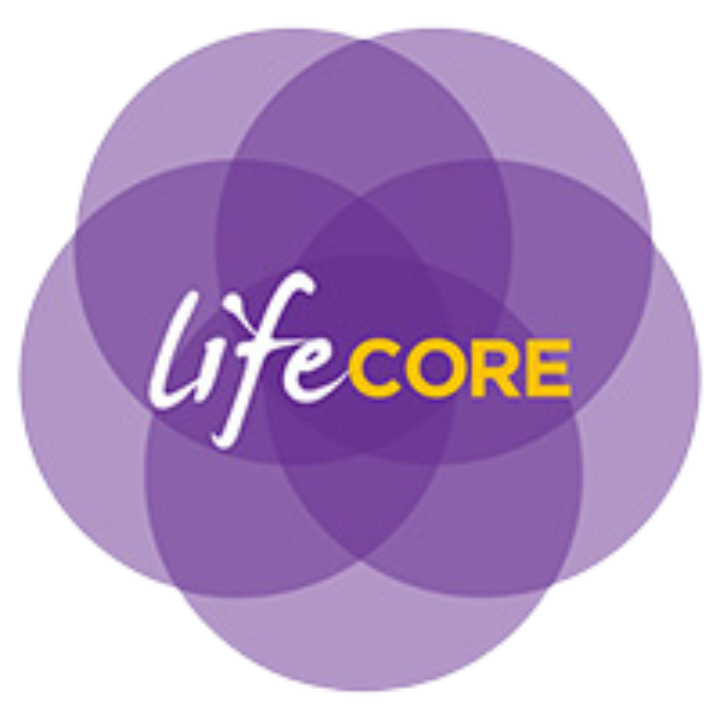Germanic Healing Knowledge (GHK)
Germanic Healing Knowledge (GHK) is both a scientific lens through which we understand why ailments occur, and also an approach to helping people resolve their specific stressors (“biological conflicts”) and triggers (“tracks”) related to their ailments.
Even conventional medicine acknowledges that stress can impact our bodies, but Dr. Hamer discovered that, it’s not simply stress, but rather specific stressors, known as “biological conflicts”, that impact us on both the brain and body level.
On the brain level when a “biological conflict” occurs prompted by a “conflict shock” moment in time, there’s an observable response that can be viewed on a CT brain scan imaged without dye/contrast. Each organ/tissue of the body has a specific “relay” location in the brain.

Each type of “biological conflict”, such as a “territorial anger conflict, “a separation conflict”, “an identity conflict”, “a profound loss conflict”, etc., will set a 2-part biological program in motion.
This 2-part biological program has a Conflict Active Phase, and, if the biological conflict is resolved, a Healing Phase.
For many types of biological conflicts, we aren’t even aware of symptoms until the Healing Phase has begun. This is true for migraines as well.
During the Healing Phase, there is an increase of water retention/edema, in the relay location of the brain related to the specific biological program that’s being experienced, hence the pressure that’s felt during the experience of some headaches and migraines. That pressure is only felt for the first portion of the Healing Phase, prior to the Epi-Crisis midpoint of the Healing Phase, where the excess edema is expelled out of that relay of the brain. The second half of the Healing Phase will be experienced more as a stabbing pain in the head.
Understanding the Mind-Body Connection
There are specific types of “biological conflicts” that are common to migraines. These include:
powerless conflicts, scare-fright conflicts, territorial fear conflicts, stink conflicts, resistance conflicts, and bite conflicts
This is because of the location of these relays in the brain, since not all conflicts in the healing phase create a migraine experience.
So, to keep migraines from being chronic, from a GHK perspective, we have a 2-part job.
(a) We must first find and address the conflict that keeps recurring, otherwise, the migraine symptoms will keep happening every time the conflict has gone into a resolution bringing about the Healing Phase. For example, if your migraine always begins on a Saturday following the work week, then we need to identify and resolve what is specifically triggering the conflict during the work week.

- (b) We must address any “tracks” that trigger conflict relapses. Tracks are anything in the environment that were imprinted at the time of a “conflict shock”. Tracks can be the weather, temperature, location, person or animal, smells (like perfume or flowers), sounds or noises, the taste of food, words, a voice, gestures, even food ingredients or pollens in the air, some of which are sensed biologically, that we may not even be aware of cognitively.
Bringing About Resolution
When working through the lens of GHK, we can resolve conflicts (a) through practical solutions, e.g., quitting a job that causes recurring conflict relapses, or, (b) through psychological resolution.
For the latter, sometimes just the awareness that a specific conflict is occurring and that its related to your migraines and other symptoms is enough to allow the psyche to let go of the conflict.
But, often times we see that it’s a little more complicated than that, especially when a person has suffered migraines for many years.
The more time that a person has suffered chronic migraines for, means that there’s been potentially more time for certain “tracks” to have been established.
To assist in healing the psychological and emotional aspects of recurring conflicts and “tracks”, many GHK practitioners use the Emotional Freedom Techniques (EFT), also known as “emotional acupressure” or “tapping”.
